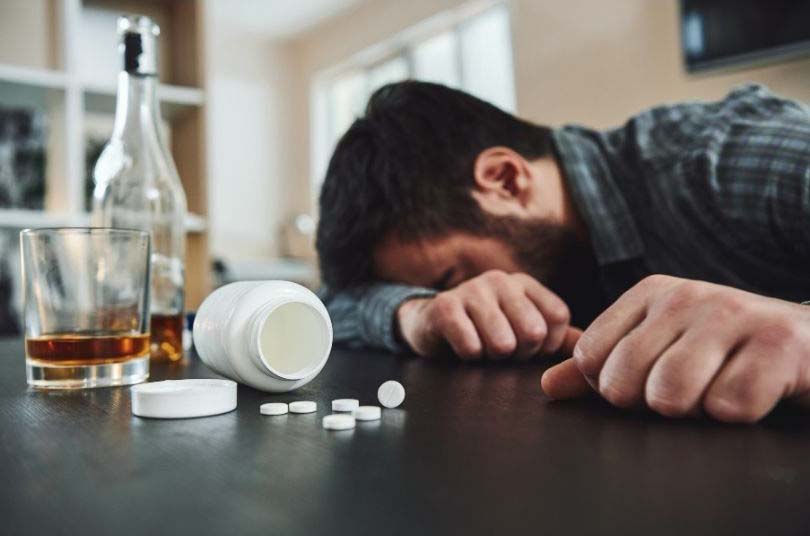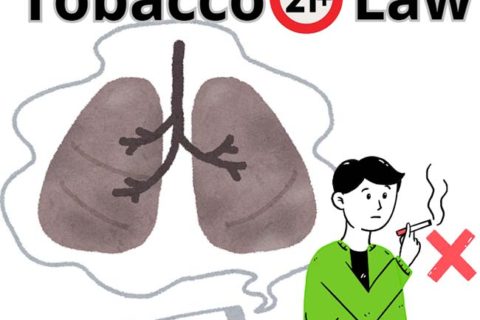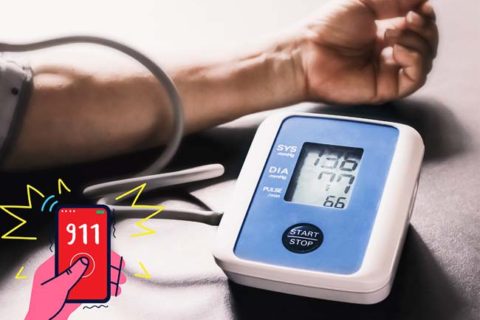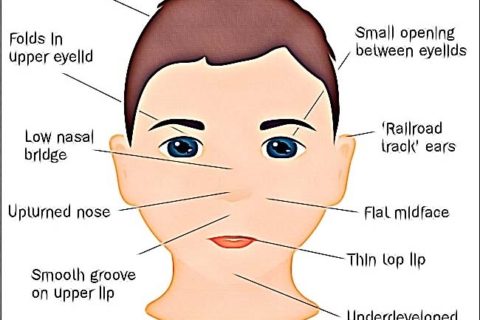An antibiotic is medication used to treat bacterial infections. It works by either killing bacteria or inhibiting its growth. On the other hand, alcohol is a beverage commonly consumed for fun or social purposes. The question is, can you drink alcohol while taking an antibiotic? Let us discuss that case on this page.
Can You Drink Alcohol While Taking an Antibiotic?
Drinking alcohol while taking an antibiotic is a topic that results in several debates and confusion among people. Based on the research, mixing a little bit of alcohol with an antibiotic usually will not reduce the effectiveness of antibiotics. However, it can cause side effects, reduce your energy, and delay your body’s ability to heal illness. So, can you drink alcohol while taking an antibiotic? The answer is of course cannot. And, we highly suggest you to avoid alcohol until you finish your antibiotic and feel better.

Side Effects of Drinking Alcohol While Taking an Antibiotic
Below are some side effects of drinking alcohol while taking an antibiotic.
1. Disulfiram-like reaction
Some certain antibiotics, such as metronidazole, cefotetan, cephalosporin, and tinidazole, can cause disulfiram-like reactions when combined with alcohol. Need to note that not all antibiotics cause this reaction. However, it is very important to check the specific medication’s instructions or consult a healthcare professional.
This disulfiram-like reaction can include symptoms like:
-
- Facial flushing
- Nausea
- Vomiting
- Headache
- Chest pain
- Stomach cramps
- Rapid heartbeat
- Difficulty breathing
Remember that you do not drink alcohol while you are taking these antibiotics, at least 72 hours after you stop taking the antibiotics.
2. Central nervous system (CNS) side effects
Alcohol and some antibiotics like metronidazole (Flagyl), have sedative effects on the central nervous system (CNS). Mixing the two will be able to intensify this sedative effect such as:
-
- Drowsiness
- Dizziness
- Confusion
- Sedation
Aside from that, when you drink alcohol while taking the antibiotics that have a CNS depressant effect, additive effects can also occur. When driving or operating machinery, these effects can even be serious.
3. Stomach side effects
Consuming alcohol with antibiotics can lead some stomach problems, such as:
-
- Nausea
- Vomiting
- Diarrhea
- Stomach pain
4. Liver damage
Both alcohol and some certain antibiotics can cause liver damage. If you drink alcohol while you are taking antibiotics, it will lead to liver damage. So, make sure you avoid alcohol until you finish your antibiotics.
Here are the symptoms of liver damage:
-
- Fever
- Chills
- Joint pain
- Unusual bleeding
- A skin rash
- Itching
- Loss of appetite
- Fatigue
- Nausea
- Vomiting
- Stomach pain
- Dark-colored urine
- Pale-colored stools
- Yellowing of the eyes or skin.
Conclusion
In conclusion, you cannot drink alcohol while taking an antibiotic. As we explained above, some antibiotics such as metronidazole, cefotetan, cephalosporin, and tinidazole, when mixed with alcohol, can cause some side effects such as disulfiram-like reaction, central nervous system (CNS) issues, stomach problems, and liver damage. Also, alcohol can affect how some antibiotics are metabolized in the body for elimination. This leads to lower the effectiveness of the antibiotic.

A bookworm and researcher especially related to law and citizenship education. I spend time every day in front of the internet and the campus library.





